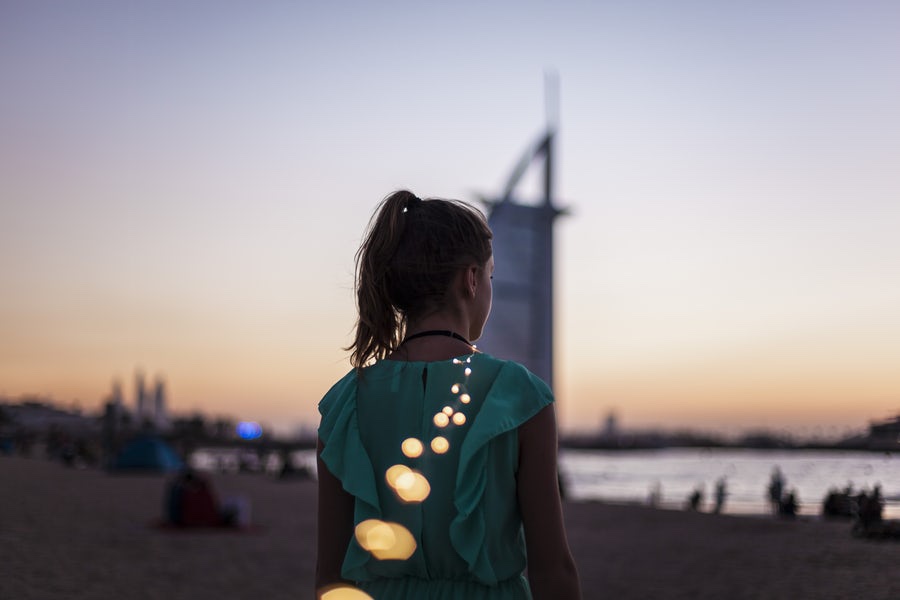With sex outside marriage punishable by jail, migrant workers in Dubai who become pregnant are often forced to keep their babies hidden.
Of the United Arab Emirates’ 9.4 million inhabitants, about 70% are low-paid migrant labourers. As a vital part of the economy, they normally work in construction or retail, or as maids and taxi drivers. There are few protections in place for the migratory population and they have few rights or avenues in which to file a complaint with authorities.
Having sex outside of marriage – known as the Zina law – is a crime under the country’s Islamic laws, with convictions resulting in prison terms of up to one year. The legislation is so rigorously enforced that in some cases, even the report of a rape has been regarded by the authorities as a confession of illicit sex and has led to victims being jailed. Doctors in the country who treat unmarried pregnant women are obliged to report them to the police and thereafter they made be subjected to jail and deportation.
Some women opt to leave the country before the pregnancy becomes visible and backstreet abortions are also common. Those who do neither are forced to carry and give birth to the child in secret without any medical assistance. Figures supplied by the Philippines Consulate in Dubai indicate several hundred migrant workers every year make the decision to go into hiding after they become pregnant outside of marriage.
Many of these women cannot afford to lose their jobs because of the financial assistance they provide their families overseas. Fearful of being caught by the police and unable to look after their children while working, often these unmarried mothers resort to abandoning their babies leaving others in the community to look after them. Some will be unofficially adopted by matriarchs or older women but even this is dangerous as the de facto parent could be jailed for harbouring a child that is both undocumented and not legally theirs. Only Emirati nationals are permitted to adopt children in the United Arab Emirates.
It is almost impossible to know how many women and children are in in this position across the country. Each month, about 40 mothers with children born out of wedlock seek advice and assistance from the Philippines Consulate in Dubai and the embassy in Abu Dhabi, according to a spokesperson for the consulate. This figure is likely to be a fraction of the number of mothers who are living in hiding in the country with their children.
After a time, some mothers will hand themselves in to the authorities in order to be allowed to leave. The child and baby facilities in Dubai’s jails are full, because of the high number of mothers who have come forward to surrender, so that they can leave the country after completing a custodial sentence.
Yet there are signs of hope. New groups such as the Dubai Foundation for Women and Children, a government-run charity and shelter have been advocating on behalf of the unwed mothers. In addition to rehabilitating human trafficking victims and caring for abandoned or orphaned children, the charity assists women who have had babies out of wedlock and, with the charity’s support, these women have obtained a more lenient, non-custodial sentences.




